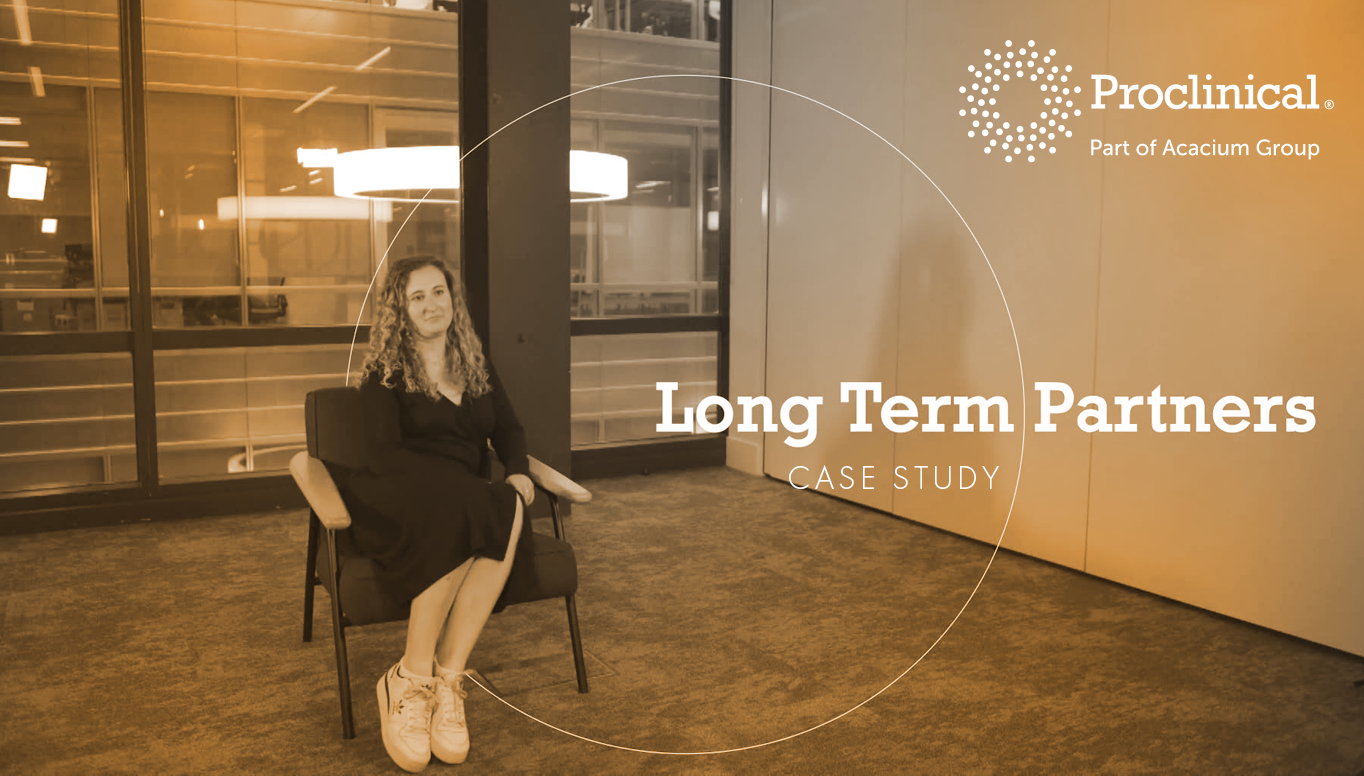

Contents
- Life sciences industry in Switzerland
- About Switzerland
- Benefits of temporary work within life sciences in Switzerland
- Eligibility to work in Switzerland
- Salaries and cost of living
- Where in Switzerland should you live?
- Taxation
- Healthcare
- Where to find life sciences temporary jobs in Switzerland
- Short-term Swiss visa (G) – Permits stays of up to 90 days for purposes such as tourism or short-term business
- Non-Immigrant visa (L) – Lasts for one year and is non-renewable. This permit is issued as a biometric card and typically linked to a specific job or study contract lasting no more than 12 months in total.
- Non-Immigrant visa (B) – Issued as a biometric card and usually lasts for between 1-5 years; renewals are possible. They are usually linked to a longer-term job or study contract and will usually require that the holder remains in the canton the application has been linked to.
- Immigrant visa (C) – Long-term visas for those who want to stay in Switzerland either long-term or permanently, for purposes such as work or retirement

Life sciences industry in Switzerland
Switzerland is unquestionably a global powerhouse for life sciences, home to large multinational companies and innovative start-ups alike. It is a hotbed for research and development and manufacturing, making it a choice location for many international businesses to position their global or regional headquarters. This creates a huge demand for specialist talent within the country – particularly for temporary workers due to the project-based nature of the industry. Demand for life sciences talent outweighs supply within the country, which creates a significant number of opportunities for industry professionals to relocate there from abroad.
Immigrating to Switzerland is appealing for life sciences temporary workers not only due to the type of projects and opportunities on offer, but also the fact that it is a very beautiful place with exceptionally high living standards. In this guide, we will provide an overview of all the things you need to know before deciding to take a life sciences temporary job in Switzerland, and what you can look forward to when living and working there.

About Switzerland
| Population | 8.58 million |
| Capital | Bern (de facto) |
| Largest city | Zurich |
| Official Languages | German, French, Italian, Romansh |
| Currency | Swiss Franc (CHF) |
| Time zone | UTC+1 (CET) Summer (DST) UTC+2 (CEST) |
| Calling code | +41 |
| Driving side | Right |
Switzerland, officially called the Swiss Confederation, is located in Central Europe and is one of the world’s wealthiest countries. It has low unemployment, a skilled labour force, and one of the highest gross domestic products per capita in the world thanks in-part to its main industries; banking and life sciences. Switzerland also has a reputation for high-quality manufacturing and is home to the world’s most respected watchmakers.
Switzerland is well known for its neutrality and is not part of the European Union. It is composed of 26 cantons (districts) across which the local language varies between German (north), French (west), Italian (south) and Romansh, which is originates from Switzerland's largest canton, Graubünden – although English is widely used as a common language for conducting business throughout the country. Technically Switzerland does not have a capital city, however the city of Bern is the seat of the Federal Parliament of Switzerland, and therefore considered the de facto capital.
With many lakes, villages and alpine mountains, including the high peaks of the Alps, Switzerland is an attractive destination for skiing and hiking, although there are also larger, more vibrant metropolitan areas such as Zurich, Geneva and Basel. Swiss cuisine is a combination of French, German, and Northern Italian food, but the two foods they are world famous for are cheese and chocolate.

Benefits of temporary work within life sciences in Switzerland
Working as a temporary worker for a life sciences company in Switzerland will usually enable you to acquire a diverse set of skills and experience in a relatively short time, which can help boost your future career prospects. The concentration of life sciences businesses within the country means that there is an abundance of opportunities to work on a variety of exciting projects with either a large pharma or devices company, or an emerging biotech or medtech business.
If you are working in a global or regional headquarters of a large pharma company, such as Roche or Novartis for example, you have a greater opportunity to be involved in multinational assignments or work on several compounds or therapy areas, and teams can be frequently reassigned as required. It can take other life sciences professionals several years of moving to different companies and locations to obtain comparable experience working at local sites elsewhere.
In a temporary job, you will be paid for every hour that you work, and many clients are also flexible to allow some home working. By temporary working through Proclinical, you are also eligible to receive sick pay, paid holiday, and pension contributions. Typical initial contracts are between six to twelve months and projects often last between two and three years.

Types of Visas – eligibility to work in Switzerland
Swiss immigration policies and Visa conditions vary depending on your nationality. Although not an EU member state, Switzerland is a member of the European Free Trade Area so there are no longer any restrictions for EU/EFTA citizens. However, non-EU/EFTA citizens are subject to an annual quota system which allows a limited amount of long-term and short-term visas per year and prioritises jobs for Swiss and EU/EFTA nationals. In practice, provided you have an employment contract from Proclinical a registered address, and take out Swiss health insurance, you should meet all the criteria needed and be able to obtain a visa relatively quickly.
Since January 2021, following Brexit, UK citizens no longer have an automatic right to live or work in the EU and Switzerland. British nationals wanting to work in Switzerland must now meet the terms of the Foreign Nationals and Integration Act (FNIA) which is subject to the annual quota system.
There are several types of Swiss visa:
As a temporary worker, you will not be able to choose which type of visa you would like to have, this will be decided for you by the issuing authority. In most cases an L Permit will be issued.

Salaries and cost of living
Switzerland has one of the highest standards of living in Europe, but this can come at a price. Fortunately, Swiss salaries are among the highest in the world and as a temporary worker you can expect to receive higher rates than in most other countries too.
Everyday living costs for accommodation, utilities, transport and groceries are all considered expensive compared to most places but can vary between cantons. In Switzerland, residents also have other living expenses such as health insurance, garbage disposal and a television licence that need to be factored in.
If have children and you are moving to Switzerland with your family, state education is free and taught in the local language of the canton. If your children do not speak the local language, you can pay to send them to an international school, of which there are many excellent options.

Where in Switzerland should you live?
Where in Switzerland to live will be a personal choice and depend on how far you are willing to commute, finances, language and your personal lifestyle. If you enjoy the outdoors, hiking and skiing on the high peaks of the Alps, you may prefer to live close to the picturesque lakeside cities of Zurich or Lucerne. If you like a more metropolitan vibe, you may feel more at home living somewhere like Geneva.
Most people in Switzerland choose to live close to their place of work and commute an average of just 30 minutes to the office. Many expats, however, are quite used to travelling further for work and choose to live further afield in locations where they can benefit from lower taxes and/or living costs.
Accommodation
One of the biggest considerations about taking a temporary assignment in another country is finding somewhere to live at short notice. To help remove anxiety, we at Proclinical are partnered with several local providers who are well placed to provide affordable short and long-term rental accommodation throughout Switzerland. We also have experience of helping many contingent workers relocate to Switzerland over the last 8 years and our dedicated team is well placed to offer advice and assist in individual cases.
Taxation levels
Taxation varies throughout Switzerland and is dependent on your personal and family situation, as well as where you live, and level of earnings. The tax you pay as a percentage is lower than most European nations.
Income taxes are levied at three different levels: at the federal level (which is the same all over Switzerland), at the cantonal level, and at the municipal level. Income tax rates are progressive at the federal level and in most of the cantons. Some cantons have recently introduced flat rate taxation. Although levels of tax vary across cantons, you are taxed on where you live not where you work, so it is possible to live in a lower cost area whilst working for a company in a higher taxed area.
On average the tax you pay as a percentage is one of the lowest in Europe. In 2020, the tax wedge for an average single worker in Switzerland was 22.1%.

Image: Tax wedge in Switzerland (source:oecd.org)
Healthcare in Switzerland
Switzerland’s healthcare system is considered as one of the best in the world. Around 90% of users report moderate or complete satisfaction with the system and it is easy to see why. They have an extensive network of doctors and clean, well-equipped hospitals and clinics. Waiting lists for treatment are short and accident and emergency rooms are rarely overwhelmed. Patients are free to choose their own doctor and usually have unlimited access to specialists, depending on coverage.
The Swiss healthcare system is a combination of public, subsidised private and totally private systems and it is a legal requirement for every individual in Switzerland to have private health insurance (including babies over 3 months old). Insurance will cover the costs of medical treatment and hospitalisation; however, the insured person does pay part of the cost of treatment by means of an annual excess (called the franchise).
The price of health insurance will depend on the level of cover but typically you can expect to pay between 300CHF and 500CHF per month. At Proclinical we are partnered with insurance specialists who can provide more information, and we will also be able to help point you in the right direction.

Where to find life sciences temporary jobs in Switzerland
At Proclinical, we partner with a wide variety of pharma, biotech, medical devices and medtech organisations across Switzerland to recruit for their temporary jobs and have a range of projects available across all specialist areas from R&D to clinical research, manufacturing, regulatory affairs and more. Our specialist expertise in life sciences, local presence in Basel, and our fully compliant local solution make us the premier international supplier for life sciences staffing in Switzerland.
Additionally, through our partnerships with local and international service providers, our specialist team support you with your relocation and settlement in Switzerland, and our first-class compliance, aftercare and payroll teams ensure your assignment goes smoothly too.
Search our latest temporary jobs in Switzerland or send us your CV to be notified about suitable opportunities.

.png)

.png)


.png)
.png)




.png)
.png)












